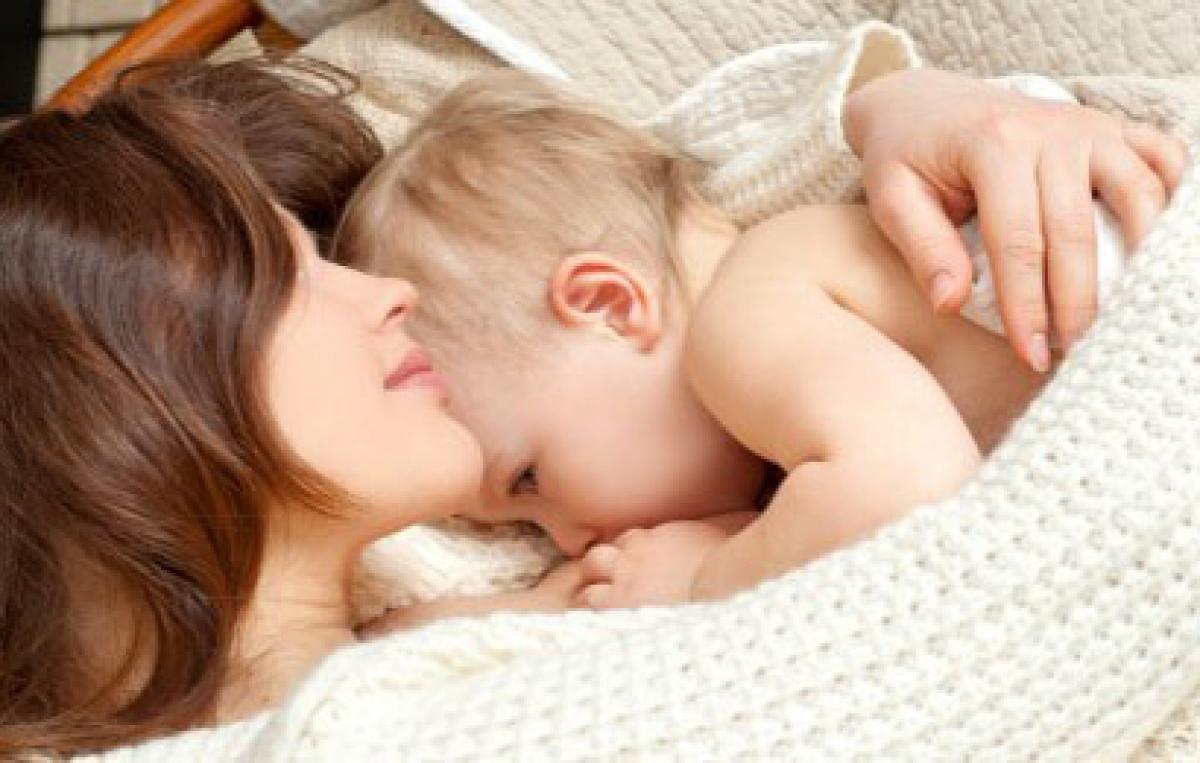Breastfeeding keeps breast cancer risk at bay

A mother’s first priority is to nurse her baby with breastmilk. Mother’s milk or breastmilk is not only a wonder tonic for baby’s immunity but also safeguards her and the baby from several chronic ailments.
A mother’s first priority is to nurse her baby with breastmilk. Mother’s milk or breastmilk is not only a wonder tonic for baby’s immunity but also safeguards her and the baby from several chronic ailments. The yellowish colour milk or colostrum is the most essential baby food as it not only boosts the child’s immunity but also lowers the risk of developing Alzheimer’s in mothers and strengthens the developing lungs of the child, aiding in reducing the threat of asthma.
However, nowadays a shift is being observed where mothers are lesser involved in breastfeeding their babies due to difficulty in balancing motherhood and professional life. Skipping this lactation phase seems problematic, as not breastfeeding after giving birth puts women at a higher risk of breast cancer, diabetes and many other serious health conditions.
The protective effect of breastfeeding in lowering the risk of breast cancer has been shown in a number of studies. The risk-reduction appears to be dose-dependent. That means, the longer the period of breastfeeding, the more the benefit.
World Cancer Research Fund International, in its study mentions that women who breastfeed for at least a year, not necessarily at a stretch, are 5 percent less likely to develop breast cancer. The longer a woman breastfeeds; she sets the high hormone levels required for lactation, which affects cell growth by protecting the breast against changes that would otherwise make the breasts vulnerable to breast cancer. In addition, the fact that women cease to ovulate during the time of producing milk also contributes in protection against the possibility of breast or ovarian cancer.
In India, breast cancer rates have relatively been lower in the past but with the changing scenario there has been a sudden rise in the graph amongst females. Owing to changing lifestyle, late motherhood trends and succumbing to social and professional stress women generally tend to avoid breastfeeding, making them vulnerable to breast cancer.
Breast cancer accounts for 25%-32% of all cancer in females and largely affects women below fifty years of age, that is, 48% of women between ages 20 to 50 years. There is a dire need to spread awareness about the importance of breastfeeding and hold campaigns for the same so that the message reaches out to larger masses.
A recent study by AIIMS (All India Institute of Medical Sciences) and Indian Council of Medical Research (ICMR) has unveiled that urban working women yield to higher abortions, late reproduction, and shorter periods of breastfeeding and larger con-sumption of oral contraceptive pills and thus have higher vulnerability to breast and ovarian cancer.
Also, to be noted that women who are treated of breast cancer and are fertile can plan of pregnancy again. Studies have re-vealed that hormones produced during pregnancy and breastfeeding do not initiate or revive breast cancer. Neither will the milk carry any cancer cells.
However, lower risk does not mean no risk. Some women who have breastfed still get breast cancer. Women of all ages must check their breasts for changes and lumps and insist that their doctor takes their concerns seriously.
Many women now get pregnant and breastfeed after being treated for breast cancer. Today, there are plenty of options for mothers who choose breastmilk for their newborns but due to some reason cannot directly breastfeed. Lactating mothers can use breast pumps available in the market to express breast milk even when they cannot directly breastfeed and ensure good health for both.



















